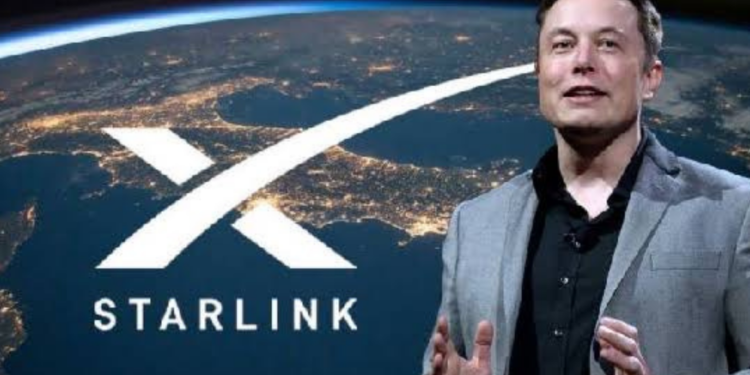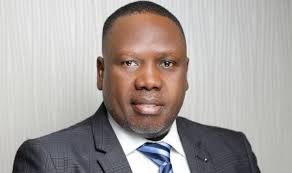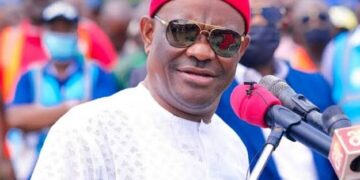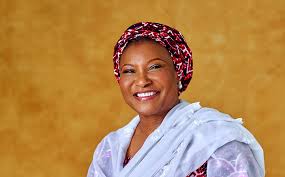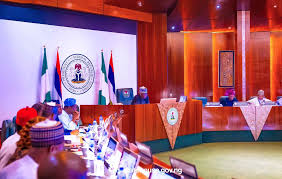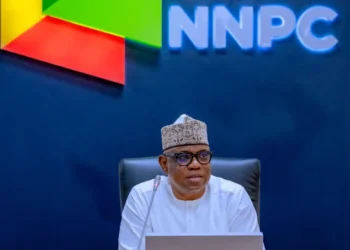The Nigerian Communications Commission (NCC) has announced its intention to sanction Elon Musk’s satellite internet company, Starlink, following the company’s recent decision to raise subscription prices in Nigeria without seeking the regulatory body’s approval.
The move has sparked controversy, particularly after accusations surfaced that the NCC has been applying double standards by allowing the price hike for Starlink while denying similar requests from local telecom operators.
This issue came to light after a report was published by Nairametrics, in which stakeholders expressed concerns about the NCC’s regulatory practices.
They questioned why Starlink was allowed to increase its tariffs, whereas local operators were reportedly prevented from doing so, despite facing the same inflationary pressures.
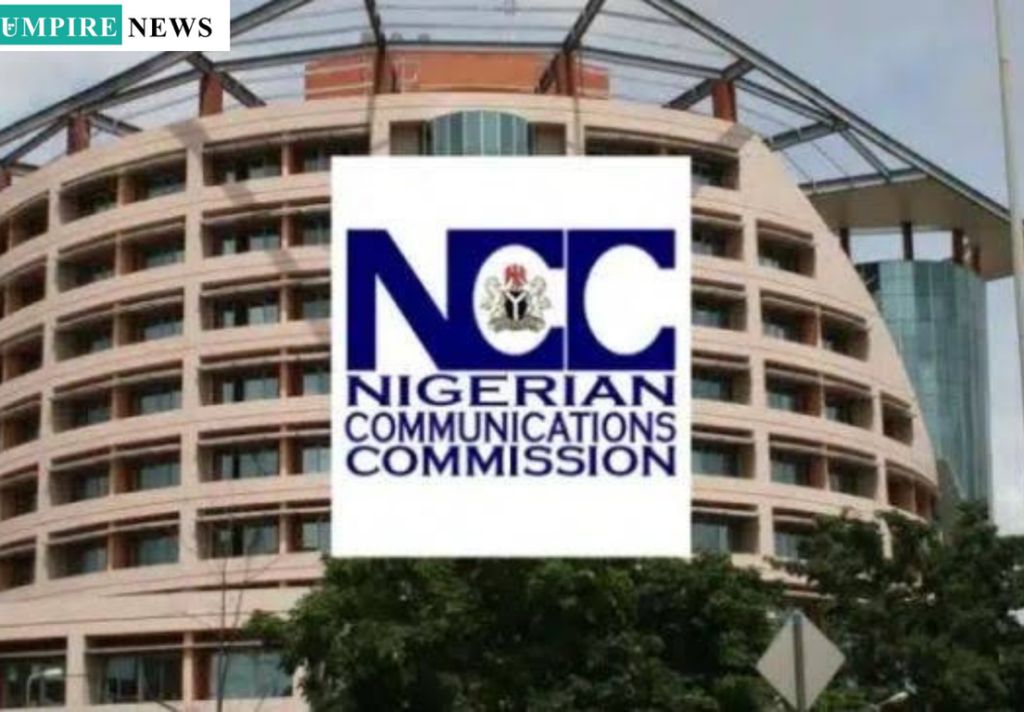
These concerns prompted widespread debate within the telecommunications sector, leading to the NCC addressing the issue directly.
In response to the inquiries from this publication, Dr. Reuben Muoka, the Director of Public Affairs at the NCC, clarified that the Commission had not approved Starlink’s recent price increase.
He also stated that the internet service provider had violated Nigerian telecommunications regulations.
According to Dr. Muoka, Starlink’s actions are in direct contravention of Sections 108 and 111 of the Nigerian Communications Act, 2003, which govern how telecom operators must handle tariff adjustments.
These sections specify that no telecom operator is permitted to raise prices without the explicit approval of the NCC, a condition that Starlink reportedly ignored.
“The decision by Starlink to unilaterally review their subscription packages upwards did not receive the approval of the Nigerian Communications Commission,” Dr. Muoka said.
He expressed the Commission’s surprise at the company’s actions, adding, “We were surprised that the company jumped the gun by announcing price changes after filing a request to the Commission seeking approval for price adjustment for which the Commission was yet to communicate a decision.”
This unilateral action by Starlink is viewed as a significant breach of its licensing conditions. According to Dr. Muoka, “The action of the company appears to be a contravention of Sections 108 and 111 of the Nigerian Communications Act, 2003, and Starlink’s License Conditions regarding tariffs.”
These sections ensure that all telecom operators in Nigeria maintain pricing practices that are consistent with regulatory standards, helping to maintain stability within the industry.
As a result, the NCC is planning to take enforcement actions against Starlink for this violation. Dr. Muoka emphasized that such actions are necessary to prevent disruptions to the regulatory framework governing the telecommunications sector.
“The Commission will therefore take appropriate enforcement measures against any action by a licensee that is capable of eroding the regulatory stability of the telecommunications industry,” he stated.
Backstory on Starlink’s Price Hike;
The controversy surrounding Starlink’s price hike began when the company raised the monthly subscription fees for its internet service in Nigeria by a staggering 97%, increasing the price from N38,000 to N75,000.
In addition to this, the cost of Starlink’s hardware kits, which are necessary for accessing the service, also saw a steep increase of 34%, rising from N440,000 to N590,000.
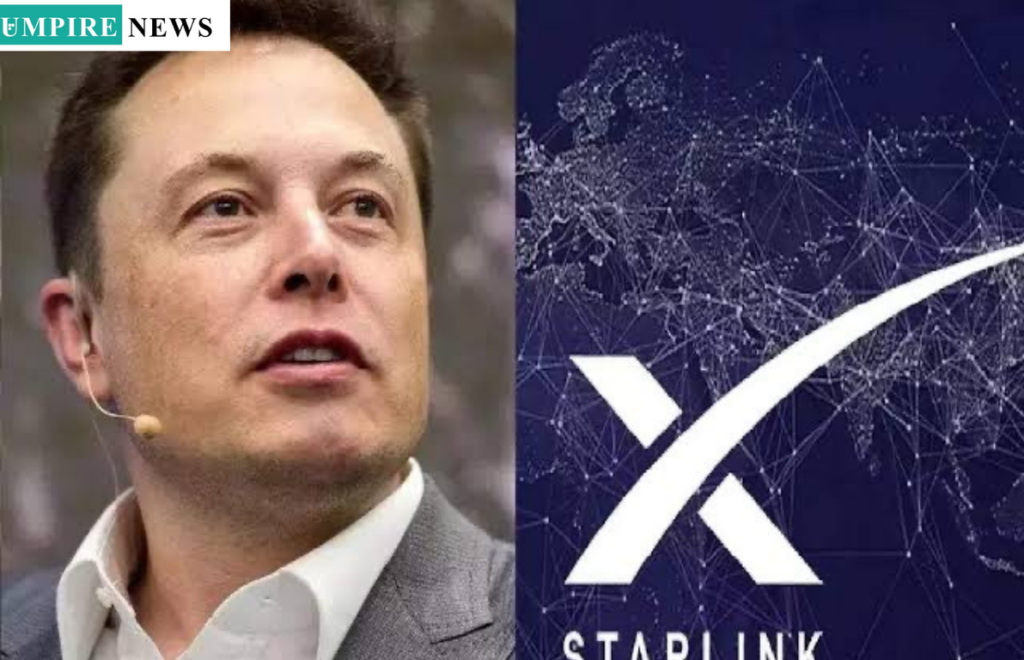
These new rates were communicated to Starlink’s customers in Nigeria, with the company citing “excessive inflation” as the main reason behind the price adjustment.
This price increase comes at a time when local telecom operators in Nigeria, under the umbrella of the Association of Licensed Telecommunications Operators of Nigeria (ALTON) and the Association of Telecommunications Companies of Nigeria (ATCON), have been advocating for a review of their tariffs.
The operators argue that the telecommunications industry is one of the few sectors in the country that has not adjusted its prices in response to rising inflation and other adverse economic conditions.
However, the NCC and the Minister of Communications, Innovation, and Digital Economy, Dr. Bosun Tijani, have dismissed these calls for a price review.
They have urged the telecom operators to explore more innovative solutions to address the inflationary pressures and high operating costs they face, rather than resorting to price hikes.
Regulatory Framework and Potential Penalties;
The Nigerian Communications Act, 2003, which governs the telecommunications industry, provides clear guidelines for how operators should handle pricing and tariff changes.
Section 108 of the Act grants the NCC the authority to regulate telecom tariffs, and it stipulates that no licensee can charge for services without prior approval from the Commission.
The law explicitly states, “Holders of individual licenses shall not impose any tariff or charges for It or other the provision of any service until the Commission has approved such tariff rates and charges except as otherwise provided in this Part.”
Section 111 of the Act further strengthens the NCC’s regulatory authority by stating that the Commission has the power to impose financial penalties on any licensee that exceeds the tariff rates duly approved by the Commission.
This means that Starlink could face significant penalties for unilaterally increasing its prices without the necessary approval.
The NCC’s actions are seen as part of its broader efforts to maintain regulatory stability within Nigeria’s telecommunications industry, ensuring that all operators, whether local or international, adhere to the same set of rules.
By planning to enforce the rules strictly, the Commission aims to prevent a situation where different standards are applied to different companies, which could undermine the credibility of the regulatory framework.
As the situation unfolds, it remains to be seen how Starlink will respond to the NCC’s planned enforcement measures and whether any adjustments will be made to the company’s pricing structure.
In the meantime, the controversy has ignited important discussions about the role of regulation in an increasingly competitive telecom market, particularly as new players like Starlink continue to expand their presence in Nigeria.


